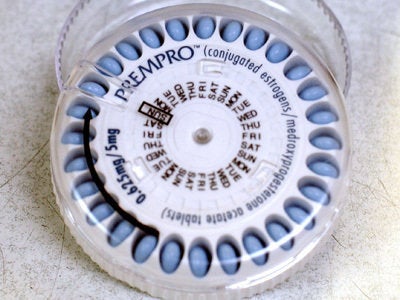The pharmaceutical industry has long faced scrutiny over its marketing practices, particularly regarding the integrity of published research promoting its products. One prominent case is that of Wyeth, a major drug manufacturer reportedly engaged in financing favorable articles through ghostwriters. This practice raises profound questions about the authenticity and transparency of medical literature, potentially undermining public trust in scientific research.
At the core of this issue is the concept of ghostwriting, a practice where authorship of a document is attributed to someone other than the actual writer. In Wyeth’s case, substantial financial resources were purportedly allocated to hire skilled writers who could meticulously craft articles that painted Wyeth’s drugs in a beneficial light. These articles would often appear in reputable medical journals, creating the illusion of independent, unbiased endorsement of their pharmaceutical products.
This orchestrated strategy not only skewed scientific narratives but also posed significant ethical concerns. Medical professionals may have unwittingly relied upon these manipulated studies to guide their prescribing practices, believing they were reading the unbiased opinions of peer-reviewed researchers. Consequently, patients could be prescribed medications based on inflated efficacy and safety profiles, leading to potential health risks.
The labyrinthine network of funding and publication that includes ghostwriting further complicates the pharmaceutical discourse. It often sidesteps the rigorous peer-review mechanism meant to safeguard objectivity in scientific research. As publications proliferate, discerning authentic research from potentially fabricated endorsements becomes increasingly daunting for practitioners and patients alike.
Moreover, the repercussions extend beyond individual practices. The prevalence of such marketing strategies contributes to a pervasive culture where financial incentives have the potential to dictate clinical narratives. Ultimately, this can compromise the integrity of evidence-based medicine, which relies on unbiased data to inform medical decisions and policies.
In light of these revelations, regulatory bodies and medical journals have begun to implement more stringent guidelines regarding authorship and transparency. The hope is to foster an environment where researchers disclose any conflicts of interest, thus enhancing the credibility of published literature. However, the effectiveness of such measures remains to be seen.
The situation surrounding Wyeth underscores a critical need for vigilance among healthcare providers and researchers. As consumers of medical information, it is imperative for practitioners to critically evaluate the sources of their information and remain aware of potential biases. While the complexity of pharmaceutical marketing tactics can be daunting, fostering a culture of transparency might be pivotal in restoring faith in medical literature.
